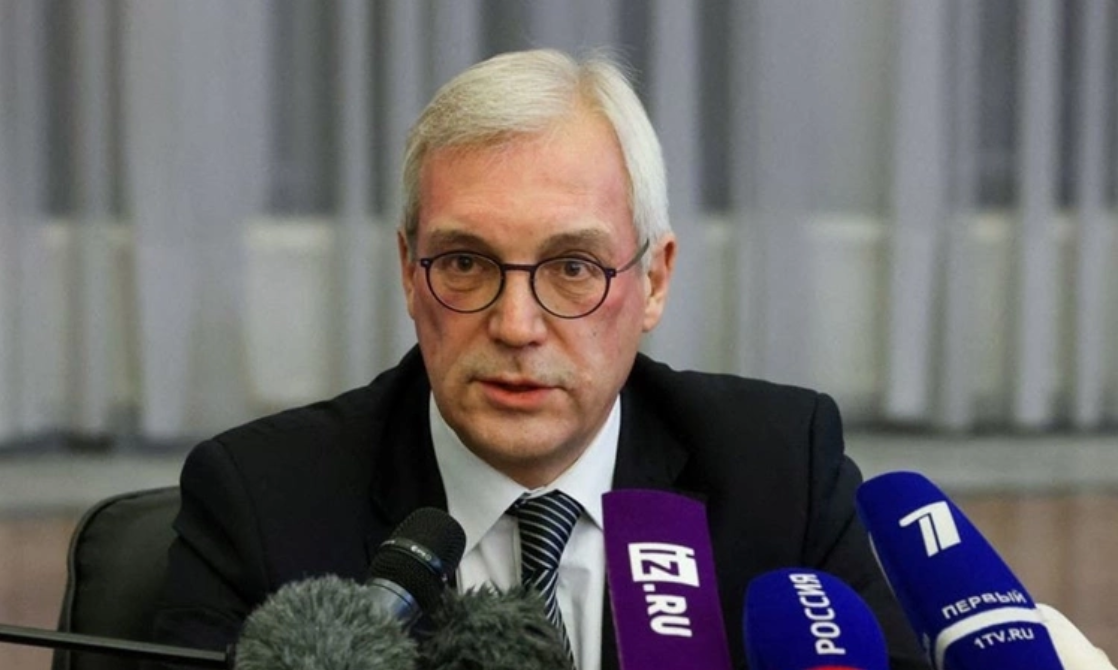Russia will demand lasting peace guarantees in Ukraine
Russia's Deputy Foreign Minister said that his country will ask Ukraine to maintain neutrality to ensure lasting peace.

According to RIA Novosti on March 17, Russian Deputy Foreign Minister Alexander Grushko said in an interview with the Izvestia newspaper that, as part of a comprehensive solution to the conflict in Ukraine, Russia will demand that a future agreement include strict security guarantees, including Ukraine's neutral status and NATO countries' refusal to accept Ukraine as a member of the alliance.
"If we talk about a peaceful solution to the conflict in Ukraine, then, of course, it will have an outline. We will demand that ironclad security guarantees become part of this agreement. Because only through its formation can we achieve lasting peace in Ukraine and, in general, strengthen regional security. Part of these guarantees should be Ukraine's neutral status, the refusal of NATO countries to accept Ukraine as a member of the alliance," the Russian Deputy Foreign Minister said.
In fact, this is exactly the provision that was written in the draft agreements, Alexander Grushko explained. “As for the discussions, of course, they have not been conducted yet, because there are no negotiations at the moment,” Grushko said.
The Russian diplomat also touched on the topic of a possible reduction in the US military presence in the Baltic region.
“The network of airports and ports is being strengthened and expanded. NATO is creating new rapid reaction units and increasing its mobility. We are seeing an increase in the intensity and scale of exercises. They are becoming more aggressive, aiming at military operations against a comparable opponent – Russia. This is a reality that we must take into account. And until there are real changes in the military policy and development of NATO countries, we will proceed from the existence of significant threats to Russia from the West,” Grushko stressed.
On February 18, a meeting between the Russian and American delegations took place in Saudi Arabia. On March 11, negotiations took place between the Ukrainian and American delegations, also in Saudi Arabia, after which the US government called for an immediate ceasefire.
Russian President Putin said he generally supported the idea of a ceasefire proposed by the United States, but there were some important nuances to consider. In particular, he raised questions about Ukrainian units in the Kursk region: would they leave without a fight; if Russia released them after they committed a series of crimes against civilians, would Kiev order them to lay down their arms? Moreover, President Putin added, it was unclear who would order a ceasefire and at what cost.
